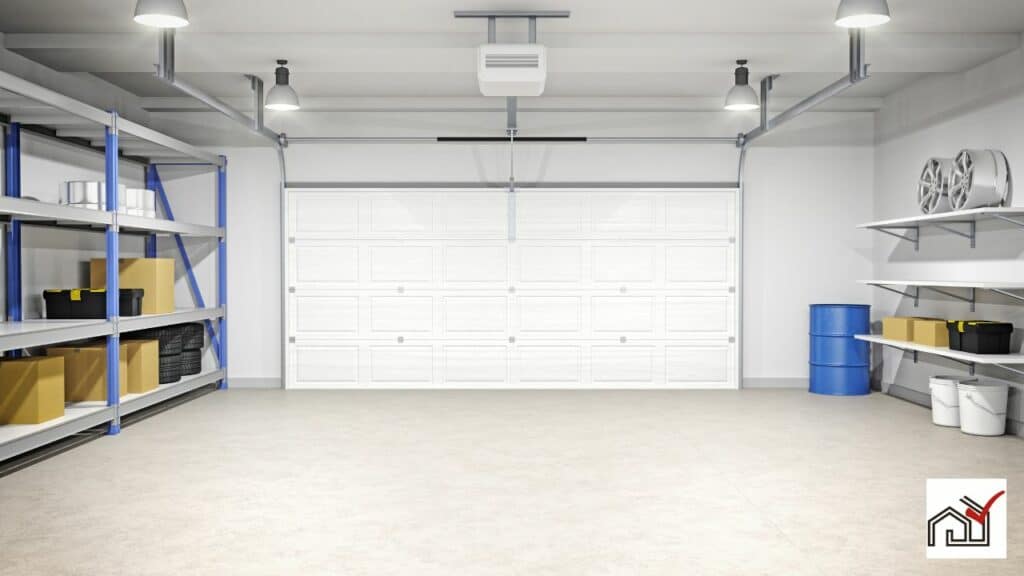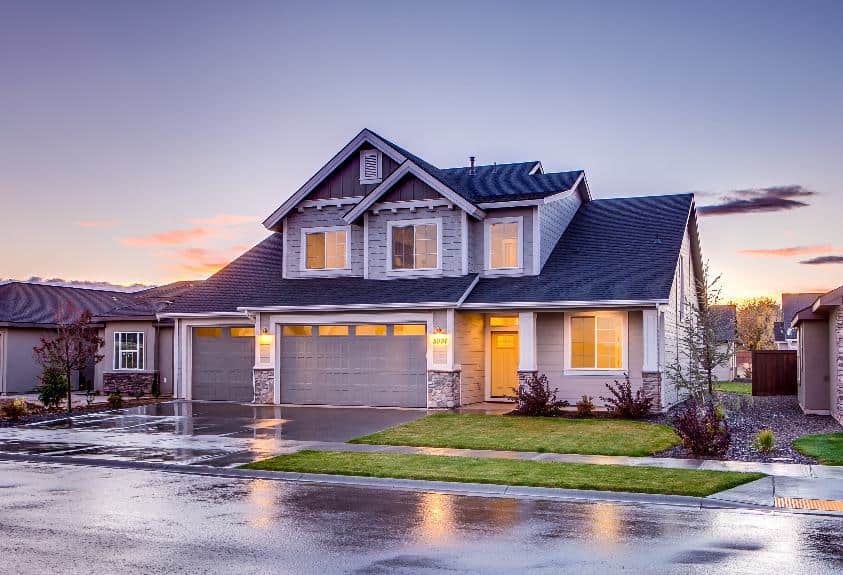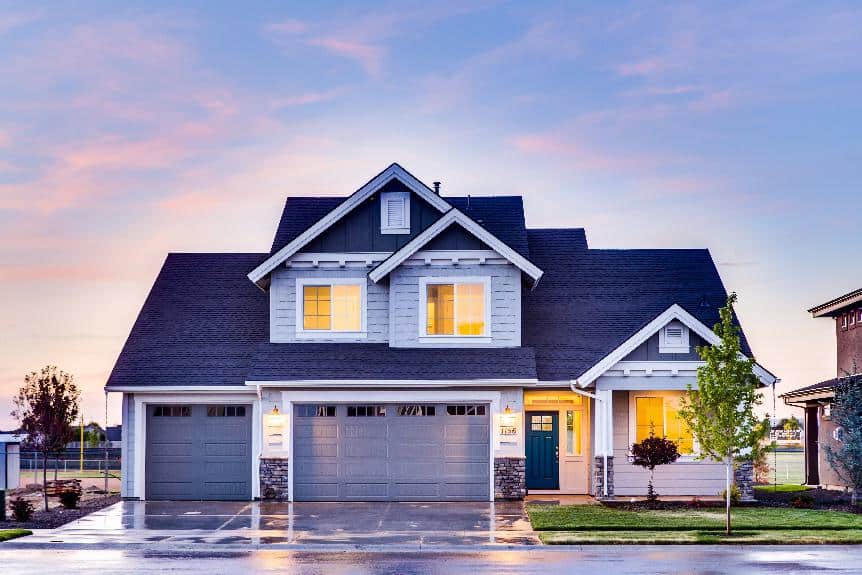A good garage floor coating provides durability, can withstand heavy use, and resists chemicals and oils.
Polyaspartic and high-quality epoxy coatings are strong and offer an attractive finish. They should bond well to concrete and last long without needing frequent fixes.
They make maintenance easier, improve safety with their non-slip features, and can raise property values.
The best coating balances performance, appearance, and cost to suit individual needs.
Evaluating Coating Durability
When assessing the durability of garage floor coatings, it is essential to evaluate their impact resistance, abrasion resistance, and chemical resistance. These factors contribute to a coating's longevity in a garage environment.
Epoxy coatings are known for their strength and provide significant protection against wear, heavy foot traffic, dropped tools, and hot tires. They are also oil-resistant, which makes cleaning easier and helps the surface maintain its appearance. However, epoxy can yellow or fade when exposed to UV light.
Polyaspartic coatings are durable, fast-curing, and can handle extreme temperatures. They offer excellent abrasion and impact resistance and are not easily damaged by hot tires. These coatings also maintain their color and gloss better than many alternatives. However, polyaspartic coatings can be more costly and may not bond as well as other coatings when used as a base layer.
Understanding Coating Materials
When selecting a garage floor coating, it's important to understand the different materials and their benefits.
Concrete floors need a protective coating for both durability and appearance. Polyaspartic coatings are effective because they bond strongly with concrete, offering resistance to impacts, abrasions, chemicals, and hot tires.
Epoxy coatings are also common and can be applied by homeowners. They provide a decent level of protection but may not perform as well as polyaspartic coatings over time. The success of epoxy coatings depends on using quality materials and applying them in the right temperature and humidity.
Interlocking floor tiles are an easy and affordable option. They can hide existing floor flaws and prevent new damage, while also allowing for a personalized look.
For minor surface repair and moisture protection, concrete resurfacers and sealers, such as acrylic and penetrating types, are available. These require proper surface preparation and may need to be reapplied periodically to maintain their effectiveness.
When choosing a coating, consider appearance, installation ease, and durability.
Comparing Application Methods
Homeowners must compare application methods to choose the right garage floor coating for durability and ease of maintenance. Professional-grade polyaspartic floor coatings provide long-lasting protection and are easy to maintain, but they are more expensive due to the need for special equipment and professional application.
DIY enthusiasts often use epoxy-based garage epoxy kits for an improved appearance and moderate protection. However, these coatings may not perform as well as polyaspartic coatings in terms of durability and aesthetics.
Garage floor tiles are an affordable and flexible option. They are simple to install, and individual tiles can be easily replaced. This method offers customizable design options and helps protect against wear and tear.
Concrete resurfacers are suitable for floors with minor imperfections, providing a superficial improvement. Floors with significant damage may require more extensive repairs before coating.
Garage floor coverings provide a temporary solution that can be useful in cold climates to limit moisture and maintain cleanliness. However, they need regular maintenance to avoid water buildup. Products like Rust Bullet can serve as alternatives to traditional epoxy or polyaspartic coatings, with varying levels of protection and application ease.
Assessing Maintenance Requirements
Evaluating the maintenance needs of garage floor coatings is essential for homeowners to choose a durable and easy-to-care-for option. Coatings help protect against cracks, stains, and tire marks on concrete. Polyaspartic coatings are a popular low-maintenance choice due to their chemical resistance and ease of cleaning.
The finish of the coating affects how easy it is to clean. Solid color coatings may show dust and debris more, but all types can be kept clean with regular sweeping and occasional mopping. Color choice impacts how often cleaning is needed by affecting imperfection visibility.
Maintenance isn't just cleaning; it also includes considering the coating's pot life and application process, which influences repair ease. Coatings with a short pot life require fast application, which may be challenging for do-it-yourself projects. Longer pot life coatings are easier to apply evenly and may need less maintenance.
In cold areas, using mats, rugs, parking pads, and trays can protect garage floor coatings from snow and water, making them last longer. These items can be removed for cleaning, reducing wear on the coating.
Assessing maintenance needs is key for a lasting and practical garage floor.
Analyzing Cost-Effectiveness
Polyaspartic floor coatings are initially more costly but offer long-term cost-effectiveness for garage floors due to their durability and low maintenance. Considering the total cost over time, which includes the lifespan and resistance to damage, polyaspartic coatings can be more economical despite their higher upfront cost per square foot compared to other options.
DIY epoxy garage kits may have a lower initial cost, but they might require frequent maintenance or replacements, leading to higher long-term costs. As such, they could be less durable than polyaspartic coatings.
Interlocking floor tiles are easy to install and can be cost-efficient, especially if there is a need to avoid extensive preparation work or hiring professionals. They provide a moderate level of protection and can be a cost-effective option depending on the usage requirements.
Concrete resurfacers, mats, and trays are affordable solutions for minor garage floor issues. They improve the floor's appearance and offer some protection at a lower cost. The best choice depends on the specific needs of the garage and should be evaluated based on both immediate and future cost implications to ensure cost-effectiveness.





